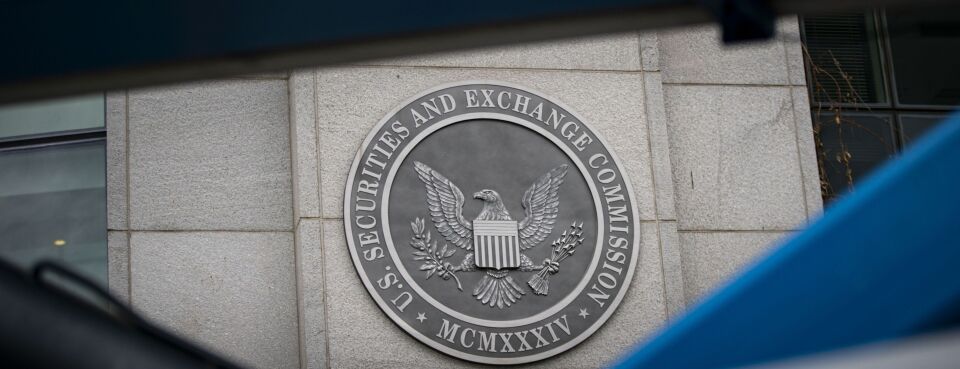By Kaustuv Basu and John Holland
A federal court permanently sealed its final order rejecting an investor’s claim that he deserved part of a $14 million SEC whistleblower award to activist investor Carson Block, in a move legal experts called rare and confounding.
The March 23 decision in the Third Circuit Court of Appeals in Philadelphia forever hides the court’s legal reasoning from public view.
The ruling is the latest twist stemming from a March 11, 2022 award to Block over his 2011 whistleblower claim. The Securities and Exchange Commission ignored its own staff recommendation that Block didn’t deserve the money. The claim sparked a series of lawsuits involving Block, the SEC and short-seller Kevin Barnes, who worked with Block on the original whistleblower report.
Sean Marotta, an appellate lawyer at Hogan Lovells, said it was extremely unusual for a court to seal a decision permanently. “I’m not saying it hasn’t been done before, but I can’t recall it,” said Marotta, who previously clerked at the New Jersey Superior Court.
Barnes contends that he and Block jointly authored a 2011 report outlining deep fraud and mismanagement at Focus Media, a Chinese advertising and marketing services company that later paid a $55.6 million fine to the SEC, and that the men jointly submitted a whistleblower claim. Block said in court filings he alone was responsible for the report’s content and solely deserved the award, which represented 25% of the fine.
By law the SEC is required to redact any information that could identify whistleblowers, and its final orders are often heavily redacted. Anyone wishing to contest an SEC finding must file in federal appeals court, which Barnes did last year under the name Jamie Doe.
A wrinkle to the secrecy is that both Barnes and Block have identified themselves in other lawsuits connected to the case. Barnes filed a federal lawsuit against Block in New York seeking half of the award, and Block responded by filing a Texas lawsuit accusing Barnes of defamation for comments he made in connection with the case. Block has said in court filings that the SEC still hasn’t paid the $14 million while it awaits the outcome of the Barnes appeal and the lawsuit.
Last month U.S. Magistrate Judge Dustin M. Howell filed a recommendation that Block’s defamation suit be dismissed because Texas was not the proper jurisdiction for the lawsuit. Barnes has argued that the case should be tried in New York.
A 2022 Bloomberg Law investigation found that the SEC’s emphasis on secrecy went far beyond its legal mandate, that it often ignored its own rules when making decisions and that law firms employing three former SEC officials had been awarded more than $420 million on behalf of clients.
One of those attorneys is Jordan Thomas, a former SEC assistant chief litigation counsel whose clients have received nearly $200 million. Barnes’ attorneys alleged in his lawsuit against Block that “upon information and belief,” Block employed Thomas to help him with his SEC whistleblower claim.
Thomas couldn’t be reached for comment.
Eugene Volokh, a UCLA law professor, said the move was especially noteworthy because it was from an appellate court. “The opinion of the courts explain why the legal system has reached a particular decision. That’s something that…needs to be available to the public to understand,” Volokh said.
The court might have concluded that redactions and pseudonyms were not enough to protect the parties, Volokh said. In the Third Circuit case each side has filed sealed version of briefs that were followed by redacted versions available to the public.
Nicholas Woodfield, principal and general counsel for the Employment Law Group, a firm that represents whistleblowers who provide tips to the SEC, said the Third Circuit might not make the opinion public because the opinion won’t set a precedent for other cases.
“It’s not going to be out there as a sort of a line in the sand for others, for district courts to follow,” Woodfield said.
“They may just say, you know, there’s no sense in producing an opinion that has most of the salient facts redacted…this is of no use to anyone. It’s a waste of everyone’s time. So we just don’t even have to do this.”
To contact the reporters on this story:
To contact the editors responsible for this story:
To read more articles log in.

